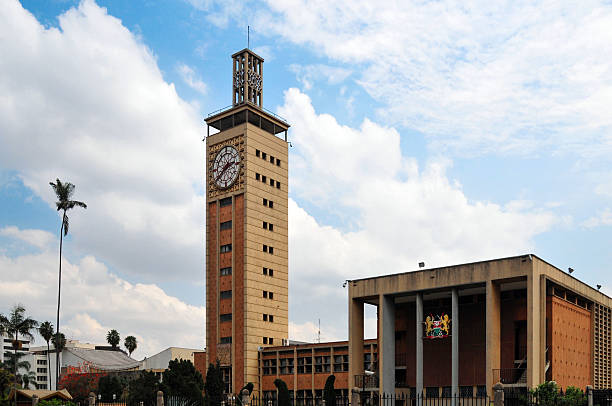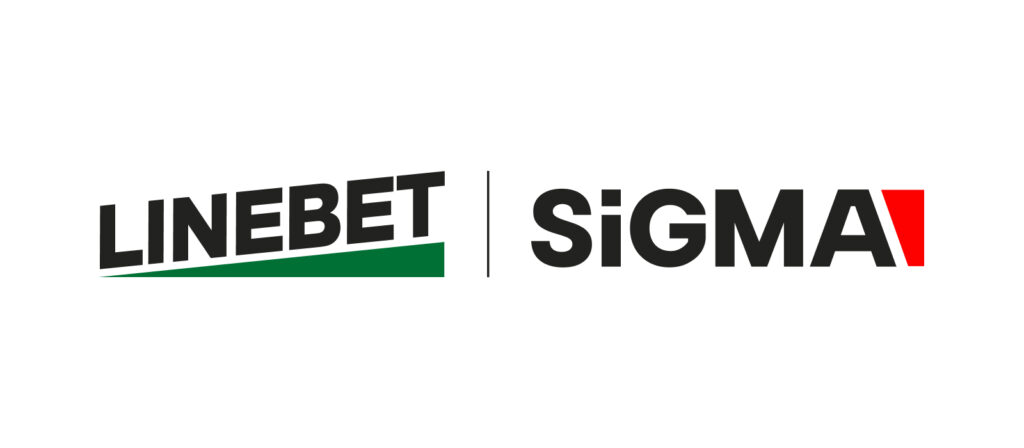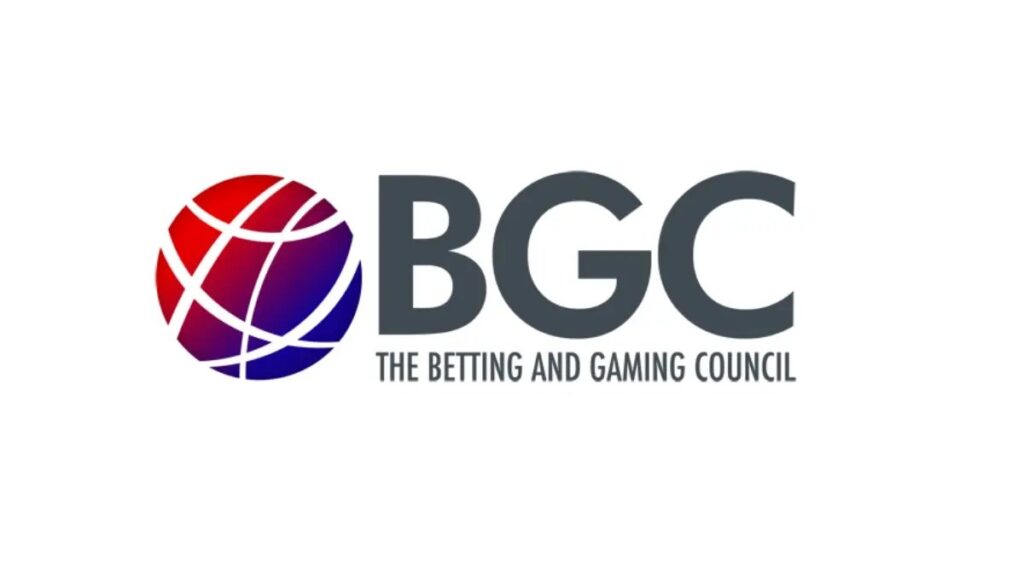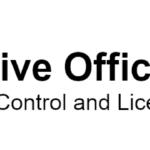Now Reading: Kenya Gambling Regulations and Laws: Updated 2025
-
01
Kenya Gambling Regulations and Laws: Updated 2025

Kenya Gambling Regulations and Laws: Updated 2025
Kenya gambling regulations are tightening in 2025, with new laws targeting money laundering, tougher ad controls, online betting oversight, and stricter licensing.
Amendments to the Betting, Lotteries and Gaming Act (BLGA)
Kenya was added to the Financial Action Task Force (FATF) grey list in February 2024 due to gaps in tackling money laundering, terrorism financing, and proliferation financing. In response, the government enacted the Anti-Money Laundering and Combating of Terrorism Financing Laws (Amendment) Act 2025 on 16th April 2025.
This new law amends the Betting, Lotteries and Gaming Act by giving the Betting Control and Licensing Board (BCLB) greater authority to supervise and ensure gambling operators comply with anti-money laundering and terrorism financing laws. Under these powers, the BCLB can:
- Vet significant shareholders and beneficial owners of gambling firms
- Conduct both on-site inspections and off-site surveillance
- Impose financial and administrative penalties for violations
- Issue rules, guidelines, and instructions to fight financial crimes in the gambling sector
The law also introduces penalties for gambling firms and their officials involved in money laundering, terrorism financing, or related offenses.
Read Also: Tanzania Gambling Regulation and Laws
Stricter Control of Gambling Advertisements
Gambling ads have long been a controversial topic in Kenya. The BCLB issued Advertising Guidelines in July 2021 and later banned gambling ads from airing between 5:00 am and 10:00 pm in September 2021. That same month, the Communications Authority of Kenya (CAK) also restricted broadcasting stations from running such ads during the watershed hours.
Despite these efforts, gambling ads have continued to appear during restricted hours, often promoting gambling as a get-rich-quick scheme. In a strong response, the BCLB suspended all gambling advertising for 30 days starting 29th April 2025.
During the suspension, licensed operators were directed to:
- Submit all advertising material to the Kenya Film Classification Board for review and certification
- Ensure full compliance with Kenya’s advertising laws
- Put in place measures to promote responsible gambling
This direction has since elapsed, and the Betting Control and Licensing Board (BCLB) has introduced new, stringent guidelines regulating gambling-related advertisements.
These rules, developed in collaboration with multiple government agencies, aim to promote responsible gambling and protect vulnerable groups—especially minors.
Among the key provisions:
- Use of celebrities, influencers, and testimonials is strictly prohibited in gambling promotions.
- Ads must not glamorize gambling or portray it as a source of income or social success.
- All advertisements must include: – A responsible gambling message: “Gambling is addictive! Play responsibly!”; the BCLB license number ; a disclaimer: “Not for persons under 18 years of age” ; the operator’s name, address, and customer care contact.
These guidelines apply across all media platforms, including digital, print, outdoor, and social media. Violations may result in penalties, including license suspension or revocation
Additionally, the BCLB announced the formation of a multi-agency enforcement team made up of officials from the Ministry of Interior, the Attorney General’s Office, CAK, KRA, Police, Kenya Film Classification Board, Media Council of Kenya, Financial Reporting Centre, and the BCLB itself. The task force will develop policies and enforcement strategies to ensure responsible gambling in Kenya.
Ban on Unauthorized Betting Websites
In response to rising complaints from the public about unethical practices by gambling operators, the BCLB has shut down 58 betting websites that were running without licenses. These platforms were found to be in violation of Kenyan gaming laws.
The Finance Act 2025
Under the Finance Act 2025, Kenya’s betting industry underwent a major tax overhaul. Parliament approved a reduction in excise duty from 15% to 5%, effective July 1st, 2025. This change shifted the tax base from the amount wagered to the amount deposited into a punter’s betting wallet, making it easier for authorities to track and collect taxes—especially from offshore platforms.
Licensing Requirements for Kenya
To operate legally in Kenya’s gambling sector, firms must meet stringent licensing criteria set by the Betting Control and Licensing Board (BCLB):
Application Fees:
- Payment of application fee is Kshs. 10,000 and Investigation fee (Local Director) Kshs. 50,000 and (Foreign Director) – Kshs. 500,000.
- These fees are paid upfront and are non-refundable.
Tax Obligations for Betting Firms
Kenya’s Finance Act 2025 introduced major reforms to the tax framework for gambling operators:
Gross gaming revenue (GGR) of a bookmaker at the rate of 15%
Excise Duty:
- Reduced from 15% to 5%
- Now applied to customer deposits into betting wallets, not the amount wagered
Withholding Tax:
- Revised to 5% on withdrawals from punters’ wallets, replacing the previous 20% on net winnings
Read Also: Malawi Gambling Regulations 2025: A Complete Guide
Status of the Gambling Bill
Parliament is currently reviewing the Gambling Bill, which seeks to replace the existing Betting, Lotteries and Gaming Act. The National Assembly passed the Bill in December 2023, while the Senate passed an amended version in October 2024. However, the National Assembly rejected the Senate’s amendments in January 2025, sending the Bill to a Mediation Committee under Article 113 of the Constitution.
Key proposals in the Gambling Bill include:
- New Regulatory Body: Creation of the Gambling Regulatory Authority to take over from the BCLB
- Tougher Licensing Rules: Licenses will only be issued to companies with at least 30% Kenyan ownership and a local bank account for gambling revenue
- Expanded Licensing Requirements: Licenses will also be required for gambling software providers, equipment sellers, employees, and even businesses located within gambling premises
- Online Gambling Regulation: Operators will need special licenses to offer, promote, or host online betting, lotteries, or casino games
- Strict Ad Rules: Ads must highlight the risks of gambling, restrict targeting of minors, limit exposure during specific times, and reserve 20% of ad time for responsible gambling messages
- Dispute Resolution: A new Gaming Appeals Tribunal will handle conflicts in the sector
Read Also: Uganda Gambling Regulations and Laws 2025












